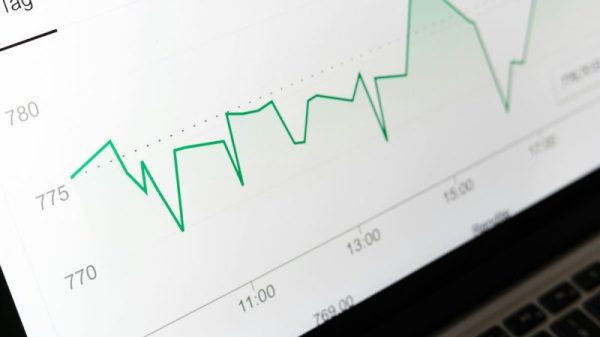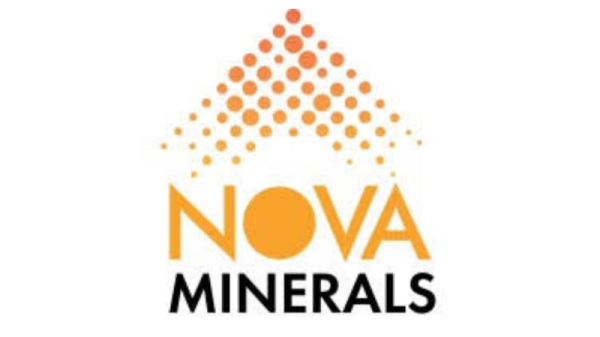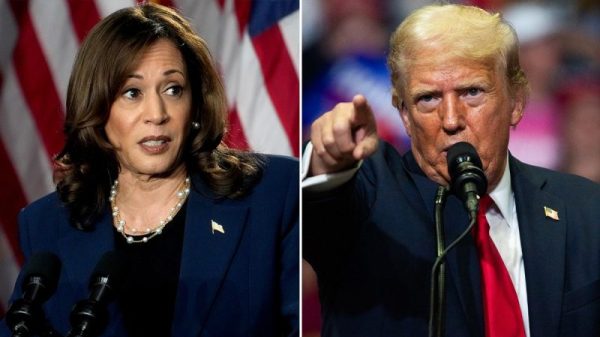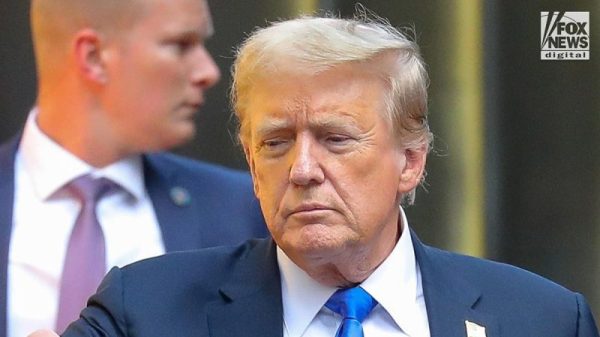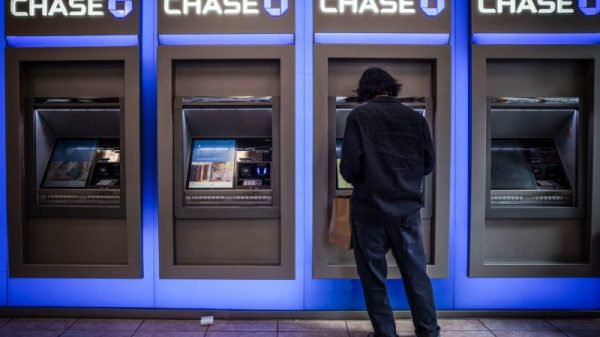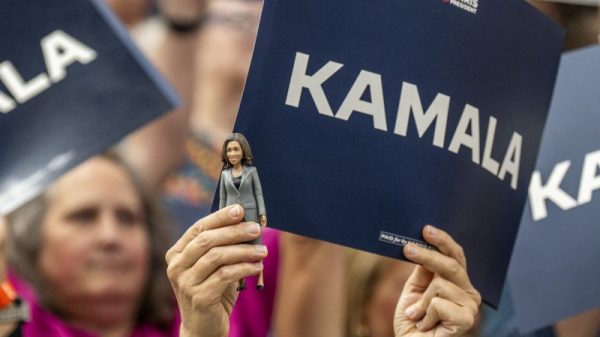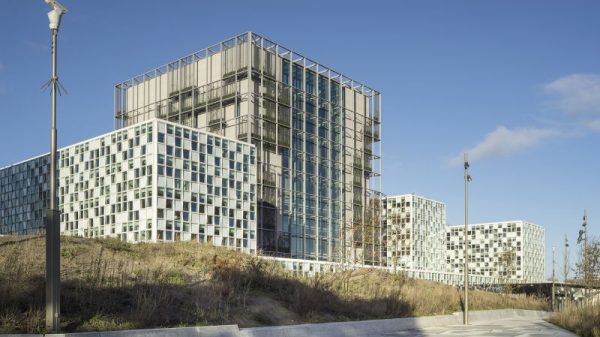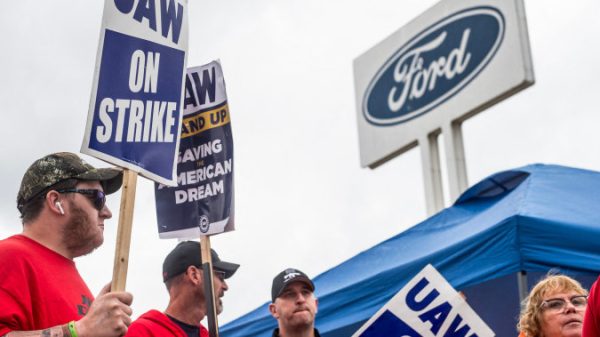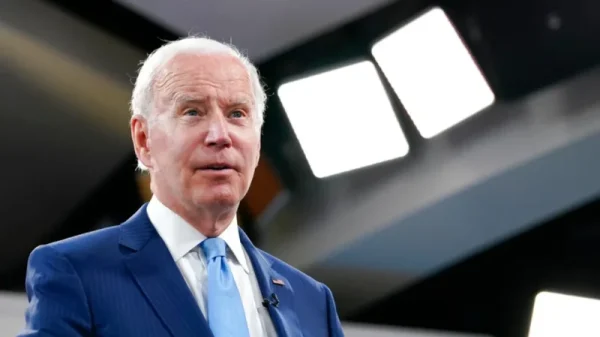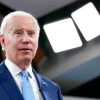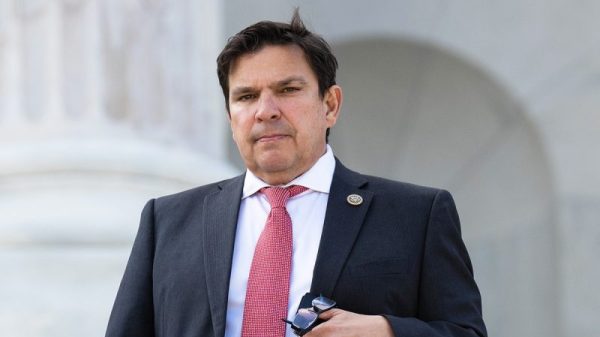In late September, Zimbabwe’s environment minister signed away control over a staggering amount of land — almost 20% of his country — to a little-known foreign company. Blue Carbon was a small, new outfit, not even a year old, but its chief was no fledgling entrepreneur: he was an Emirati royal whose family had ruled Dubai for 190 years, flush with oil money.
The Dubai-based Blue Carbon has secured forested land nearly equivalent to the size of the United Kingdom across five African nations to run projects to conserve forests that might otherwise be logged, preventing huge amounts of planet-heating carbon dioxide, or CO2, from entering the atmosphere.
Blue Carbon can then use that conservation to create carbon credits to sell to companies and governments to “offset” the climate pollution they generate while they continue to burn planet-warming fossil fuels.
At the same time, the UAE has said it plans to extract its very last barrel of oil 50 years from now, when its reserves are projected to dry up — decades beyond when scientists say society needs to be done with fossil fuel.
A post shared by Blue Carbon LLC (@bluecarbondxb)
Climate advocates have criticized carbon removal — and scientists remain skeptical of its efficacy — as a ticket for companies to continue to produce and burn fossil fuels on a large scale, even expand, and profit handsomely.
The UAE has a lot to lose, financially. Oil and gas account for around 30% of its GDP and 13% of its exports as of last year, according to the US Department of Commerce. More than 80 countries support phasing out fossil fuels, and renewable energy, like wind and solar, are now so cost competitive in most parts of the world that market forces will eventually squeeze oil and gas out anyway.
Unless, that is, fossil fuel companies and lobbyists can convince the world at COP28 not to rely too much on wind and solar, and to keep pumping oil and gas.
The UAE has already been hit with a barrage of criticism since it put Sultan Al Jaber — who runs the nation’s mammoth oil and gas company, the Abu Dhabi National Oil Company (ADNOC), and serves as the nation’s international climate envoy — in charge of the negotiations. More than 100 members of the US Congress and the European Parliament in May called for Al Jaber to be replaced as COP28 president.
Al Jaber has long argued that fossil fuel companies need to be at the table in climate negotiations to ensure the green transition actually happens.
There is a certain logic to the argument, but climate advocates aren’t buying it, pointing instead to all the time the fossil fuel industry has had to show leadership on the issue, but hasn’t. Some fossil fuel companies were among the first to understand their products were causing climate change. That was around four decades ago, yet they continued to profit from coal, oil and gas.
“I think that ADNOC has turned the UN climate negotiations into a giant greenwashing operation for one of the largest oil companies on the planet,” said Jamie Henn, founder and executive director of the non-profit Fossil Free Media, which supports the movement to end fossil fuels. “It’s been clear from the start when the UAE applied to host this COP that one of the main goals of the meeting was for them to try and situate themselves, and their oil and gas industry by extension, as somehow part of the climate solution.”
As of 2020, the UAE was responsible for around 0.53% of the world’s CO2 emissions, according to data from Climate Watch, but with a small population of nearly 10 million people, it’s the sixth-largest carbon polluter per capita. Despite its relatively small population, the UAE was the world’s seventh-biggest oil producer by volume in 2022.
Henn said it was “absurd” that the negotiations had been taken over by fossil fuel interests.
“It’s like the international tobacco control negotiations being run by Philip Morris. Luckily, the UN has rules in place for those negotiations, where they don’t let tobacco lobbyists at the table,” Henn said. “We need that at COP.”
Carbon offsets not a ‘get out of jail free’ card
Never has a COP, which is hosted by a different city each year, had so many apparent conflicts of interest. Not only is Al Jaber wearing leadership hats for climate and fossil fuels, but Blue Carbon is so intertwined with the nation’s royals and rulers, it’s difficult to separate its promotion of carbon offsets from the UAE’s interest in continuing fossil fuel production.
And it will be in Dubai, at COP28, where the rules of how to buy and sell these very carbon credits will be decided.
It’s not a big surprise that so many countries have signed up to work with Blue Carbon. Its parent company, Global Carbon Investments, has already agreed to transfer $1.5 billion to Zimbabwe in “pre-financing for carbon credits.” That’s more than the country spends on education and childcare, which combined are Zimbabwe’s biggest national expense.
With so little money trickling in from the developed to the developing world to adapt to the climate crisis, carbon credit schemes open a new channel of revenue for forest-rich countries.
Cutting down forests or letting them degrade accounts for at least 12% of global planet-warming emissions. It’s their ability to absorb carbon dioxide from the atmosphere that makes them valuable as a climate solution.
Yet the idea of creating tradable carbon credits in exchange for not cutting down forests has been widely criticized as problematic. And some of the world’s biggest companies certifying carbon credits have been shown to use accounting methods that exaggerate their project’s true contribution to mitigating climate change.
In early November, Swiss entrepreneur Renat Heuberger stepped down from his role as CEO of South Pole — one of the world’s first major carbon credit trading companies — after it was found to have overstated the climate value of carbon credits that lay in its Kariba forest project in Zimbabwe.
“Investment in efforts to conserve forests is always welcome. However, the challenge is that conserving forests isn’t a ‘get out of jail free’ card,” said Julia Jones, a conservation scientist at Bangor University in Wales.
“Globally, we need to both stop further loss of forests and drastically cut emissions,” she said. “Using one to offset the other, without very substantial investment in reducing emissions, is problematic.”
Land rights are another issue. In some cases, indigenous and customary landowners have been evicted to clear the way for such projects, as they witness their homes, once deemed nearly valueless, transformed into cash cows for polluting companies and countries.
The Forest Peoples Programme, a non-governmental organization, says that such evictions have become more common in Kenya since it began allocating land for carbon credits.
ADNOC to produce more oil than Shell, BP
Whatever the outcome at COP28, the UAE’s state-run oil and gas company, ADNOC, stands to emerge a big winner, especially if it can convince the world that its “Maximum Energy. Minimum Emissions” slogan is a viable climate solution, even as global temperatures soar and scientists press for rapid fossil fuel cuts.
ADNOC is expected to hike its oil production by 41% and its gas production by a third by 2030, compared to projections for this year, according to an analysis of industry data by Global Witness, a non-profit focused on environmental justice and human rights. That translates to a 40% rise in its greenhouse gas emissions, Global Witness said.
The production boost contrasts with plans among other oil majors: Shell’s production is projected to remain largely flat in that time, while BP envisions a 25-percent production cut by 2030. ADNOC, by 2030, plans to out-produce both companies.
To limit its carbon footprint amid the expansion, ADNOC said in October it plans to capture 10 million metric tons of CO2 a year from its operations by 2030 — a figure Global Witness found was wildly exaggerated in a recent analysis.
ADNOC currently has the capacity for 800,000 metric tons per year, though it hopes to capture another roughly 3 megatons per year through two facilities not yet completed. Even if those facilities do come online, Global Witness calculates it would take ADNOC more than 340 years to capture the amount of planet-heating carbon it is expected to emit between 2023 and 2030, if it captured both the emissions from its operations and those that occur from using its oil and gas.
“ADNOC plans not only to produce billions of barrels of oil for decades to come, but it is also positioning itself to be among the most aggressive expanders of oil and gas production out there.”
How much the UAE company expands beyond 2030 will depend on what role negotiators see for carbon capture at COP28, and whether it can find new markets abroad. Ironically, COP28 could be the arena that transforms ADNOC into a global oil major.


